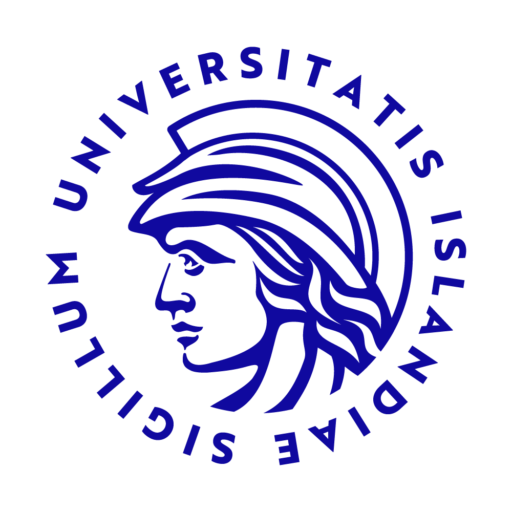Main author: Suppakan Sripetch
Institution or Company: Faculty of Pharmaceutical Sciences University of Iceland, Oculis Ehf. Iceland
Co-Author, Institution or Company:
Thorsteinn Loftsson, Faculty of Pharmaceutical Sciences University of Iceland, Oculis Ehf. Iceland.
Introduction: To obtain therapeutic drug concentrations at the site of action can be challenging, especially in the case of poorly water-soluble drugs. Some formulation approaches can be used to improve the drug bioavailability such as salt formation, the addition of solubilizer such as surfactants, and formation of water-soluble complexes. Furthermore, addition of counter ions to liquid formulation can increase water solubility of ionizable drug. Dovitinib, a tyrosine kinase inhibitor, is a lipophilic basic molecule. Its water solubility is less than 0.01 mg/mL and pH dependent. In this study, aqueous solubility of dovitinib was investigated in acidic aqueous solutions containing different counter anions.
Methods: pH-solubility studies of dovitinib in the presence of four different anionic counterions, including hydrochloric, phosphoric, lactic, and maleic acid, were performed by saturation shake-flask method. Briefly, excess amount of dovitinib powder was added to solutions containing different concentrations of counterions to form suspension. The samples were shaken at room temperature (20 – 22˚C) for 6 – 7 days. Then, pH and the dissolved dovitinib were determined.
Results: pH-solubility profiles show that aqueous solubility of dovitinib increased when pH decreased. The solubility and apparent final pH depended on the counterion. Maximum solubility of 32.5 mg/mL (5417-fold increase) was observed in aqueous solution containing lactate at pH 5.2. Unlike lactate, other counterions increased the solubility to its maximum between pH 1.9 – 3.5.
Conclusions: Lactate ion increases the aqueous solubility of dovitinib through drug ionization and ion-pairing.

